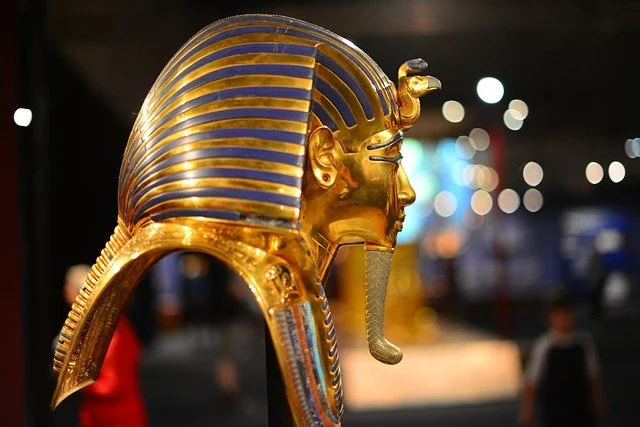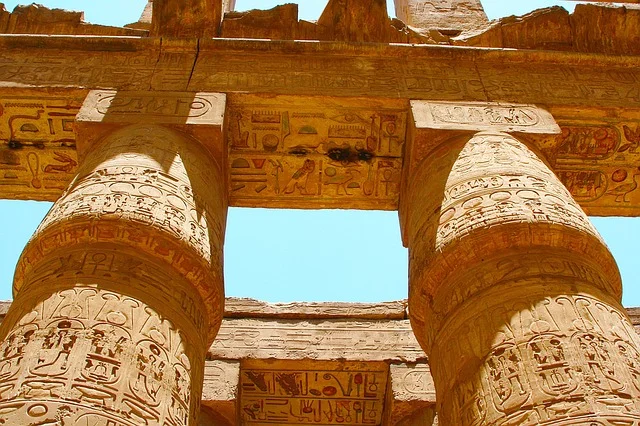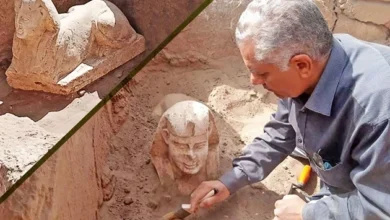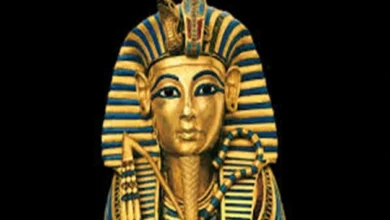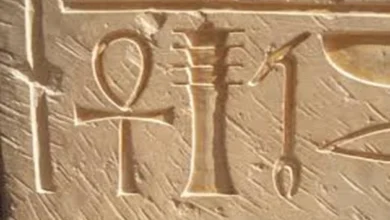Cradle of civilization: Who created the most ancient civilization on Earth?
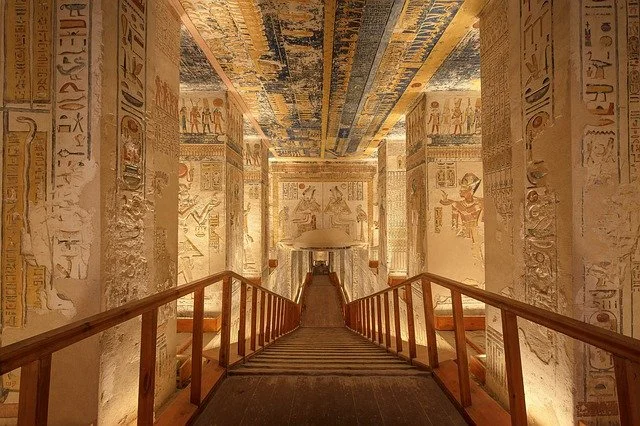
Some people have always believed that the ancient Egyptian civilization was related to aliens.
For a while, Musk said on the social network: There is no doubt that aliens built the Egyptian pyramids. The Egyptian authorities immediately denied this claim. They said that the pyramids are a crystallization of the ancient Egyptian civilization and are over 4,000 years old. A symbol of the prosperity of ancient Egyptian civilization, and also invited Musk to Egypt to see it in person before giving a speech.
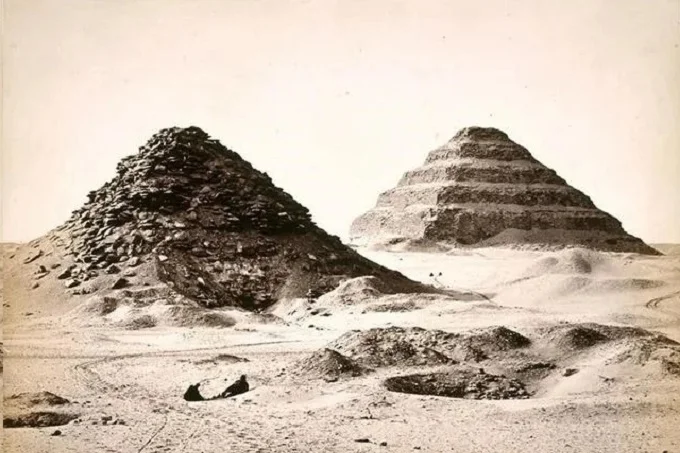
The picture shows the pyramid of Djoser, the tomb of Pharaoh Djoser of the third dynasty of Egypt, taken in the early 20th century. It is hard to imagine that humans could have built such a large-scale project over 4,000 years ago, and it is not surprising that anyone would suspect that aliens built it. When people are faced with some incredible phenomena, they always drag in aliens to explain.
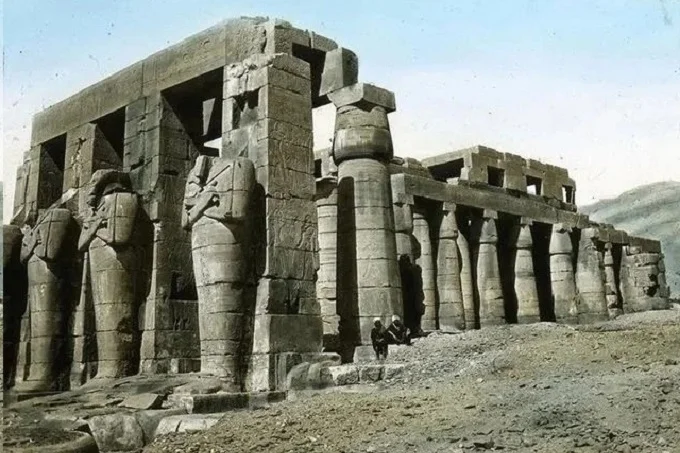
The ruins of the temple of Ramses, because it was built on the Nile River, in history it was often spilled by the Nile River. The Temple of Ramses is part of the tomb of Pharaoh Ramses II of the 19th dynasty of ancient Egypt. Behind the temple are huge statues of Ramses II and Queen Nefertari, as well as a tomb and more.
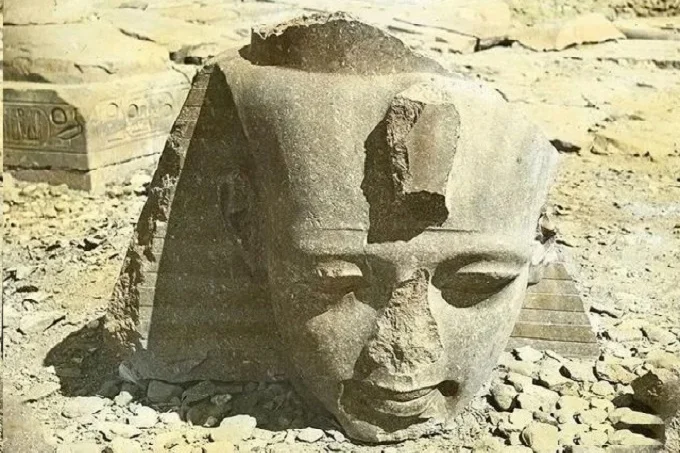
Head of the statue of Ramses II in the Temple of Ramses. The photo was taken in the early 20th century and has now been converted into a tourist attraction. Such “wild” dirty places of the ancient Egyptian civilization are no longer visible, and we can only look back at the scene in old photographs.
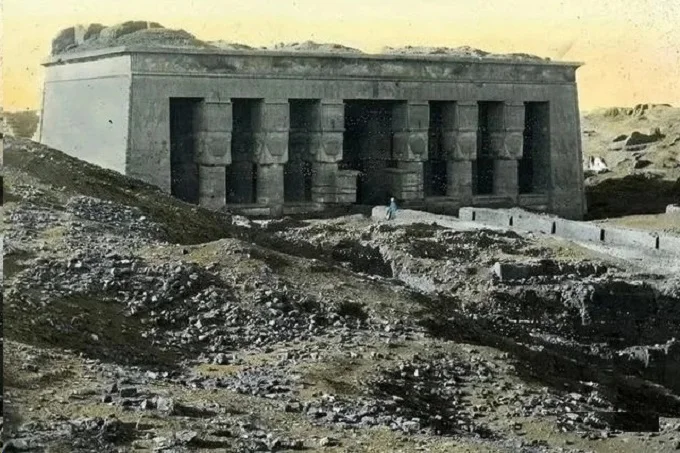
Temple of Hathor in old photographs of the early 20th century. The Temple of Hathor is a sacrificial temple dedicated to the goddess Hathor. It was built during the time of Ramses II and is one of the few surviving ancient Egyptian temples.
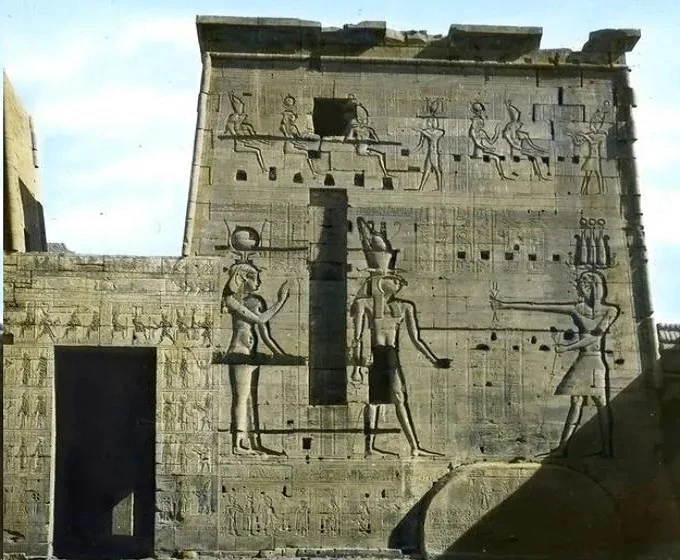
View of the Luxor Temple in Ancient Egypt. The Luxor Temple was built about 3400 years ago and was finally completed by several generations of Egyptian pharaohs. After the occupation of Egypt, Alexander the Great ordered the restoration of the Luxor Temple. The Luxor Temple was also converted from a temple to a military fortress during the Roman Empire.
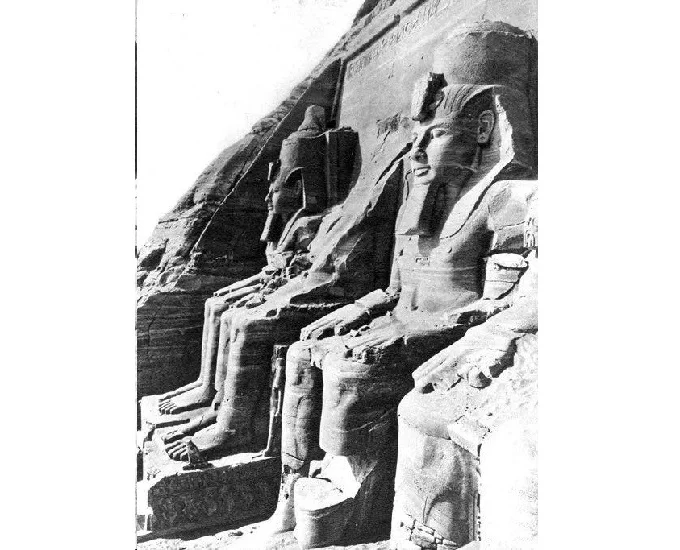
Huge statues of Ramses II and Queen Nefertari, carved from a solid stone wall. To complete such a project over 3000 years ago, in addition to a highly developed civilization, they must also be powerful.
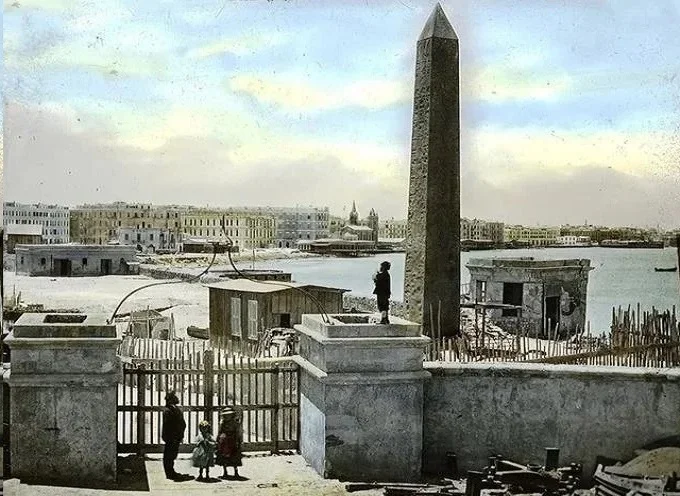
Obelisk in Alexandria, the second-largest city in Egypt. The obelisk is a timekeeping instrument in Ancient Egypt, similar to a sundial. The obelisk is another masterpiece of ancient Egypt, and besides the pyramids, it is also the most characteristic symbol of ancient Egyptian civilization.
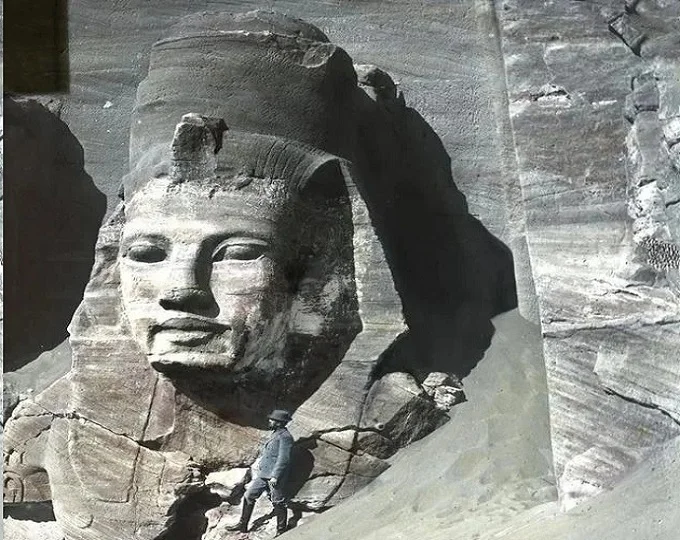
Statue of Amun, the chief god of Ancient Egypt in the Ramses temple complex. In ancient Greek mythology, Amun was at first only a local god in the ancient city of Thebes in Upper Egypt. Later, he was gradually praised as the “god of the sun”, and he considered himself the pharaoh’s protector.
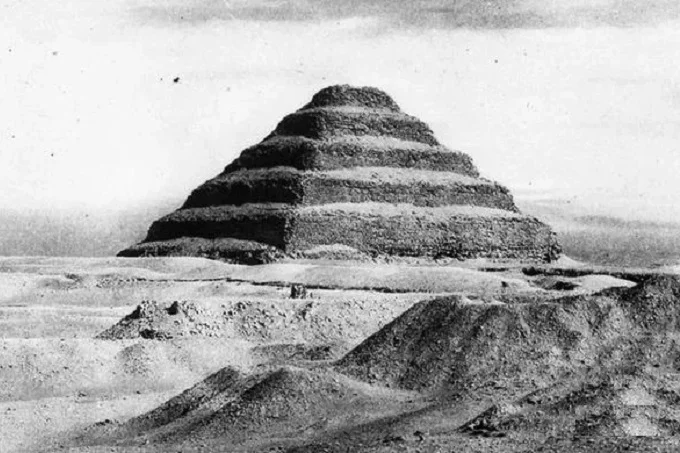
The Djoser pyramid is sometimes called the step pyramid. The pyramid consists of a huge hewn stone and is 62 meters high. The Djoser pyramid in old photographs was taken at the beginning of the 20th century.
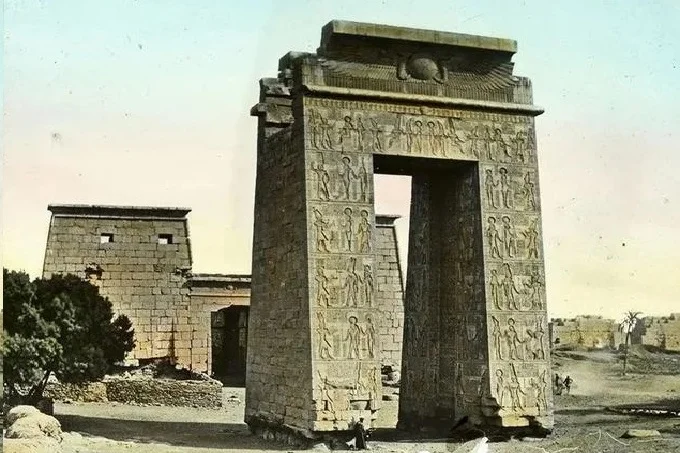
Karnak Temple is basically a temple dedicated to the sun god Amon and his wife, Mut. The construction time is about 4000 years ago. The temple has more than 20 large and small shrines, 134 giant stone pillars, a stone statue of a ram-lion, and other historical sites. A majestic and shocking moment – an impressive temple leftover from ancient Egypt.
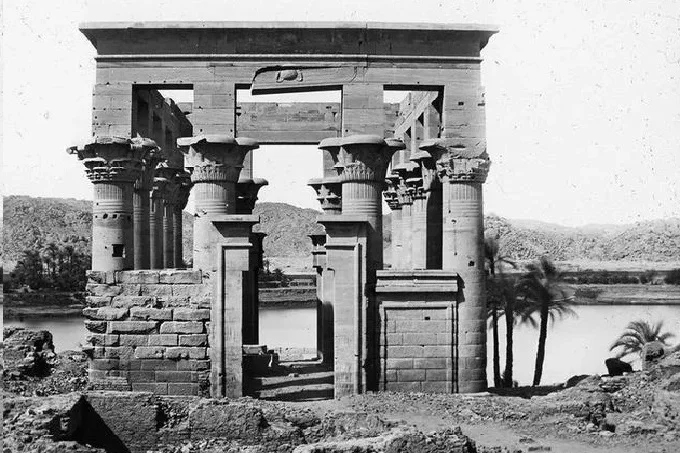
Temple of Isis, located on Philae Island in the southern city of Aswan, Egypt. The Temple of Isis is intended mainly for the worship of the goddess Isis.
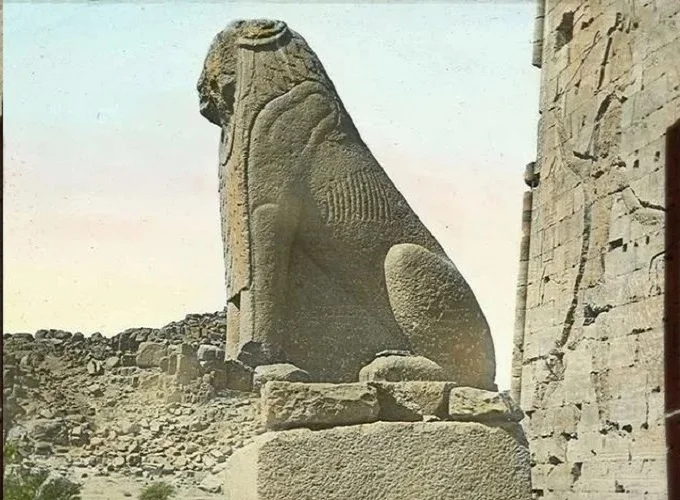
Sphinx in front of the Temple of Isis. Over the long history, the “human face” of the Sphinx has been so badly damaged that it has long since been erased.
We all know that there is a theory of the origin of mankind called “the creation of extraterrestrial beings.” This theory indicates that most of the creatures on Earth are created by extraterrestrial beings. Many scientists are also exploring the possibility of this theory.
